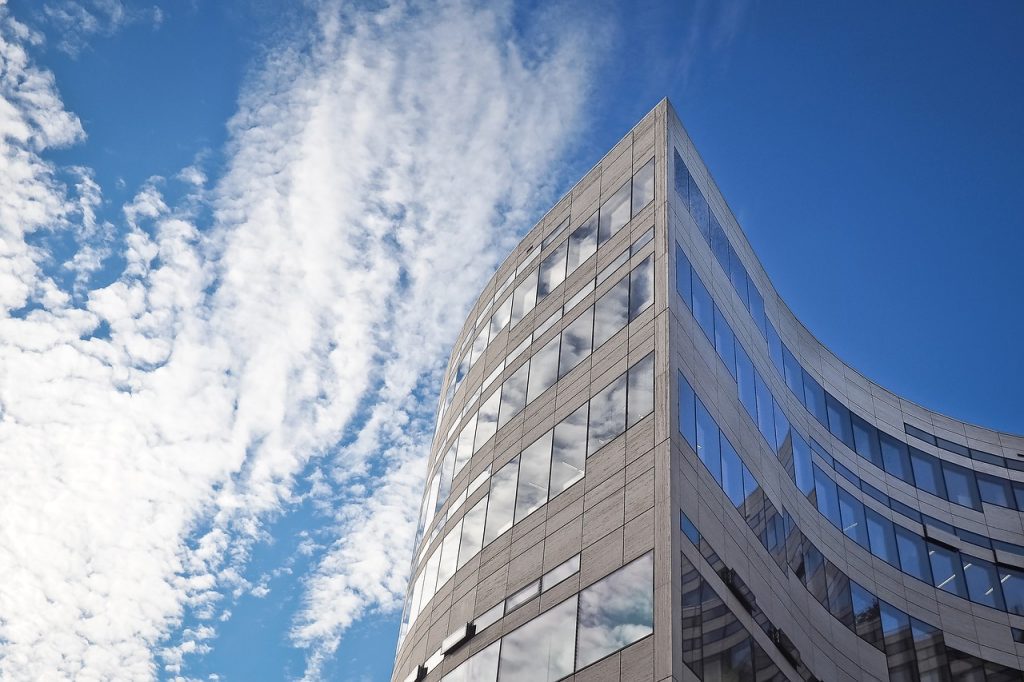Commercial Roofing
Get Professional Service
(844) 123-4567
Feel free to write us
hi@rooferspensacolafl
123 S Barracks St, Ste 123,
Pensacola, FL 12345-6789

Quality Commercial Roofs You Can Rely On!
As a professional commercial roofing contractor in Pensacola, Florida, we provide the latest roofing services to keep your business open. We provide installation of new roofs, re-roofing, roof repairs, and roof maintenance for your building.
You will benefit from the latest roofing technology and state of the art equipment. You will have top-notch roofing quality, not every roofing contractor can provide.
Commercial roofing keeps changing with the different technological advancements in the industry. These changes will provide you with other options on how you can have a commercial roof that will stand the test of time.
We proudly serve the entire Pensacola area, and we provide outstanding roofing workmanship. We only use the best roofing materials from leading manufacturers. This is why many commercial property owners turn to us to help them with different roofing services.
Whether you have a large or small building and no matter what roofing services you will need, we will get the job done fast without compromising quality workmanship.
With our years of experience as a commercial roofing contractor, we will ensure that you do not need to close your business to fix your roof.
Commercial Roofing Pensacola, FL
There are many different types of commercial roofing materials to choose from, and it all depends on your preference. We will help you decide which roofing material is best for your business.
Single Ply Roofing
In terms of single-ply roofing, three types of materials are commonly used in commercial roofing. They differ when it comes to chemical composition, installation, and energy-efficiency.
The two types of single-ply roofing include (TPO) Thermoplastic Polyolefin, (EPDM) Ethylene Propylene Diene Terpolymer, and (PVC) Polyvinyl Chloride.
TPO
TPO is probably one of the fastest-growing single-ply commercial membrane roofing systems in the industry. TPO roofing systems are used in flat roofs, and they offer versatility and flexibility.
It is made up of a single layer of synthetics and reinforcing scrim. TPO membranes can last from 20 up to 30 years with proper maintenance. TPO is also energy-efficient, UV-resistant, and cost-efficient. This is the reason why most businesses choose this type of material.
Considering the weather conditions in Pensacola, Florida, TPO is fire, puncture, and abrasion-resistant. It can withstand extreme weather conditions such as hurricanes and storms.
In terms of installation, TPO can be installed quickly. It can be ballasted, fully adhered, and mechanically attached. The seams are heat-welded for durability and to prevent water leaks. TPO can resist mold growth, dirt accumulation, and chemical exposure.
EPDM
EPDM typically has a lifespan of 40 years with proper maintenance. It is also a frequently used roofing material for commercial roofing projects. EPDM roofing systems are produced in traditional colors, such as black or white. This helps reflect sunlight and heat, making it energy-efficient.
Also, EPDM is a durable, flexible, and lightweight type of roofing material. It is resistant to dryness as well as moisture. EPDM also has excellent breathability, and it allows proper ventilation throughout your commercial building.
Besides, EPDM can withstand inclement weather conditions and is a reliable choice for your business. It is also fire-resistant, environment-friendly, and fully recyclable. EPDM provides a smooth and clean finish that is aesthetically appealing.
In terms of installation, EPDM can be fully-adhered, ballasted, or mechanically-fastened. However, when compared to TPO, installation could be more expensive with EPDM.
As a trusted roofing contractor, we will provide you with different installation methods to best suit your building’s needs.
PVC
PVC is a tough and durable material and lasts for 20 years or more. The welded seams make the PVC material resistant to moisture. It can also withstand frequent exposure to different chemicals.
PVC is also fire-resistant and is difficult to ignite. They’re also known to be mold-resistant, eco-friendly, and recyclable.
The hot air welded seams of the PVC makes this membrane tough and durable. In terms of chemical-resistance, PVC does not incur damage when exposed to chemicals.
This type of material is also water-resistant and prevents water leaks in your building. It can withstand the harshest weather conditions such as hurricanes and storms.

Modified Bitumen And Built-Up Roofs
Modified bitumen or built-up roofs are resistant to tear and icy weather conditions. The polyester and fiberglass reinforcement layers make this material tough and durable for commercial roofing projects. Modified bitumen does not crack or become brittle in freezing temperatures.
The waterproof features of bitumen make it an ideal choice for most commercial building owners. It is also impact-resistant, and it can expand or even contract without losing its original shape.
Also, bitumen is energy-efficient. It effectively reflects sunlight that helps reduce your building’s cooling requirements resulting in low energy consumption.
Built-up roofing (BUR) is typically used on low-slope roofs. The main components include alternating layers of reinforcing fabric and bitumen. The top layer is finished with a layer of aggregate, namely gravel and stone.
BUR is often used on commercial buildings with flat roofs or low slopes. A downside of built-up roofing is the slow installation process.
Typically, built-up roofing comprises three parts, such as ply sheets, bitumen, and surfacing material. There are two approaches in terms of application, and they are applied as hot or cold.
The ply sheets are reinforced with organic materials or fiberglass, and each ply sheet is placed over hot or cold bitumen to bond it to the roof. Built-up roofing usually has a lifespan of 30 years.
Liquid Applied Roofing
Liquid applied Roofing or (LAM) is a waterproof coating applied to different types of commercial roofing for added protection. This is a perfect choice for confined urban spaces.
It also helps extend the lifespan of structurally sound roof systems. It also helps protect your roof from harsh weather conditions and UV light.
Metal Roofing
Metal roofing has been used for centuries, and metal is a durable material. They are easier to clean and maintain. A metal roof is resistant to inclement weather, and it is also fire-resistant, and they are easier to preserve.
Metal roofs are energy-efficient since they provide excellent insulation. It will keep your building warm in the winter and cool during the summer.
Metal roofs can be coated with any color, and it has an aesthetically-pleasing design and style. On the other hand, they require minimum maintenance and ultimately reduce repair costs.
Besides, they are lightweight and straightforward to install and transport. Metal roofs are also recyclable and environment friendly.
The downside of metal roofing includes high costs, and they tend to be noisy compared to other roofing materials. Another disadvantage of metal is that they expand and contract, especially if your roof contractor did not install them properly.
If your commercial property is located on the beachside, salt may cause corrosion, and your metal roof will be prone to rust formation. Given these disadvantages, metal roofing is still a durable material and an excellent choice for commercial building owners.
How Do I Choose The Best Commercial Roofing For My Property?
This is probably one of the most important questions that you need to ask. Your commercial roof is your line of defense against harsh weather conditions. It will protect your workers and your business.
When choosing the best material, you have to consider the type of business you have. What is the building going to be used for? Will you have office workers, or will it be used as a warehouse? These questions will help you decide on the right roofing material.
The location of the building is also another consideration. It will likely have a significant impact on the right roofing material for your building. This will include building codes in your location and if the weather in your area has extreme conditions.
You can also plan whether your commercial building will need to expand in the future. It is essential to consider just in case your building needs expansion.
It will be easy to extend the roof as well. You do not want to risk your business by replacing your building’s entire roof to give way for building expansion.
Hire The Right Roofing Contractor
A sound roof is crucial to your business. As a professional roofing contractor, we will be able to provide you with an informed decision on which type of roofing material is best for your building.
High-quality workmanship and extensive commercial roofing experience is the key to a successful commercial roofing project.
Do not entrust your huge investment to just anyone. Whether it is about new roof installation, roof replacement, or roof repair, our team of experts will determine your needs and provide the best solution for your commercial roofing project.
Call us today for a free inspection and quote on the best commercial roof for your business!

